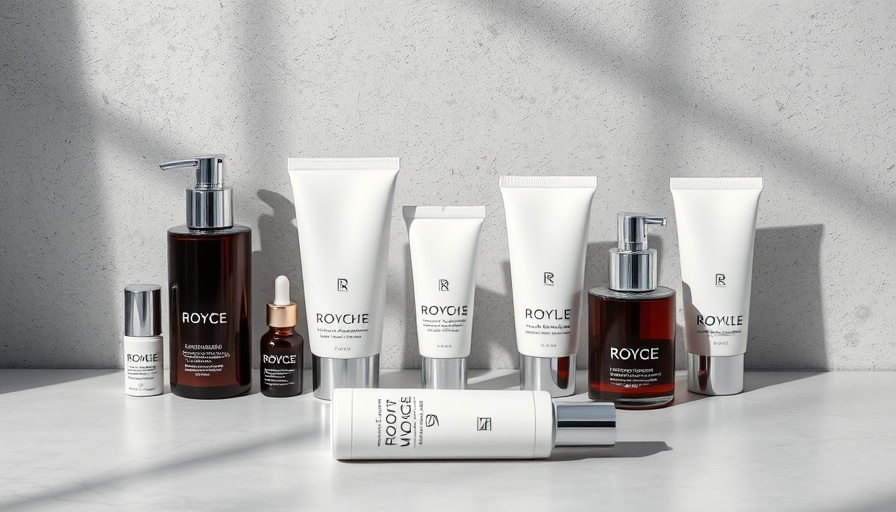
Understanding the $1 Billion Beauty Deal
The recent $1 billion acquisition of Rhode by E.l.f. Beauty has shifted the landscape of the beauty industry, but it's essential to look beyond the headlines. While this deal positions E.l.f. closer to Gen Z consumers at Sephora, it also raises questions about the sustainability and realism of such high-stakes acquisitions in a diverse market. For many entrepreneurs in the beauty sector, this transaction could seem daunting—as if setting a precedent of unattainable success.
The Pressure of High-Profile Acquisitions
As an entrepreneur with over two decades of experience, the stark disparity between these celebrity-backed brands and independent companies is striking. The acquisition benchmarks set by Rhode do not realistically reflect the average beauty brand’s journey, especially for those operating on a leaner budget. For instance, while Rhode reported impressive DTC sales, brands with under $50 million in revenue traditionally sell for much lower multiples. This disparity can leave smaller brand owners feeling insecure about their own paths.
A Different Playbook for Different Brands
Many industry experts are buzzing about the rise of DTC models following Rhode's sale—yet the reality for many companies remains stark. Entrepreneurs like Risa Barash, founder of Fairy Tales Hair Care, emphasize the commitment to fiscal discipline and sustainable growth that often gets overshadowed by the glamor of celebrity brands. It’s crucial to understand that a deal, even one as monumental as Rhode's, does not guarantee success; rather, it is often a high-risk gamble that may not apply to other business models.
Seeking Sustainable Growth Amidst the Glitz
As the beauty market becomes increasingly saturated with celebrity influence, there’s a valuable reminder for smaller brands: a sustainable business correlated with consistent client engagement and quality offerings often triumphs over flashiness. Barash's insights shed light on the reality many beauty brands face every day—they are not choosing between competing retail giants but are focused on vital decisions that impact their financial health.
What Can Smaller Brands Learn from Rhode?
Despite the allure of high-profile deals, the core values of hard work, perseverance, and authenticity remain at the heart of sustainable business. The success captured by Rhode should not be interpreted as a replicable roadmap for smaller brands but rather as a unique case that illustrates both the potential rewards and risks within the industry. Entrepreneurs are called to embrace their own strengths and narratives, creating businesses rooted in purpose rather than solely chasing market trends.
Taking Action in a Competitive Market
For aspiring beauty entrepreneurs—especially those navigating the complexities of modern brand building—this moment offers a reflection point. Embrace your journey, prioritize your values, and remember that success looks different for everyone. Sustainability, authenticity, and client relationships should take precedence over unrealistic benchmarks set by celebrity-backed brands. Let Rhode's story inspire without overshadowing the achievable path to success built through dedication and understanding of your market.
The beauty landscape is always evolving, and while lofty acquisitions may capture headlines, what truly matters is the everyday resilience of independent brands. Each founder's story is unique and holds immense value—whether you’re at a million or a billion dollars in sales.
 Add Row
Add Row  Add
Add 




Write A Comment